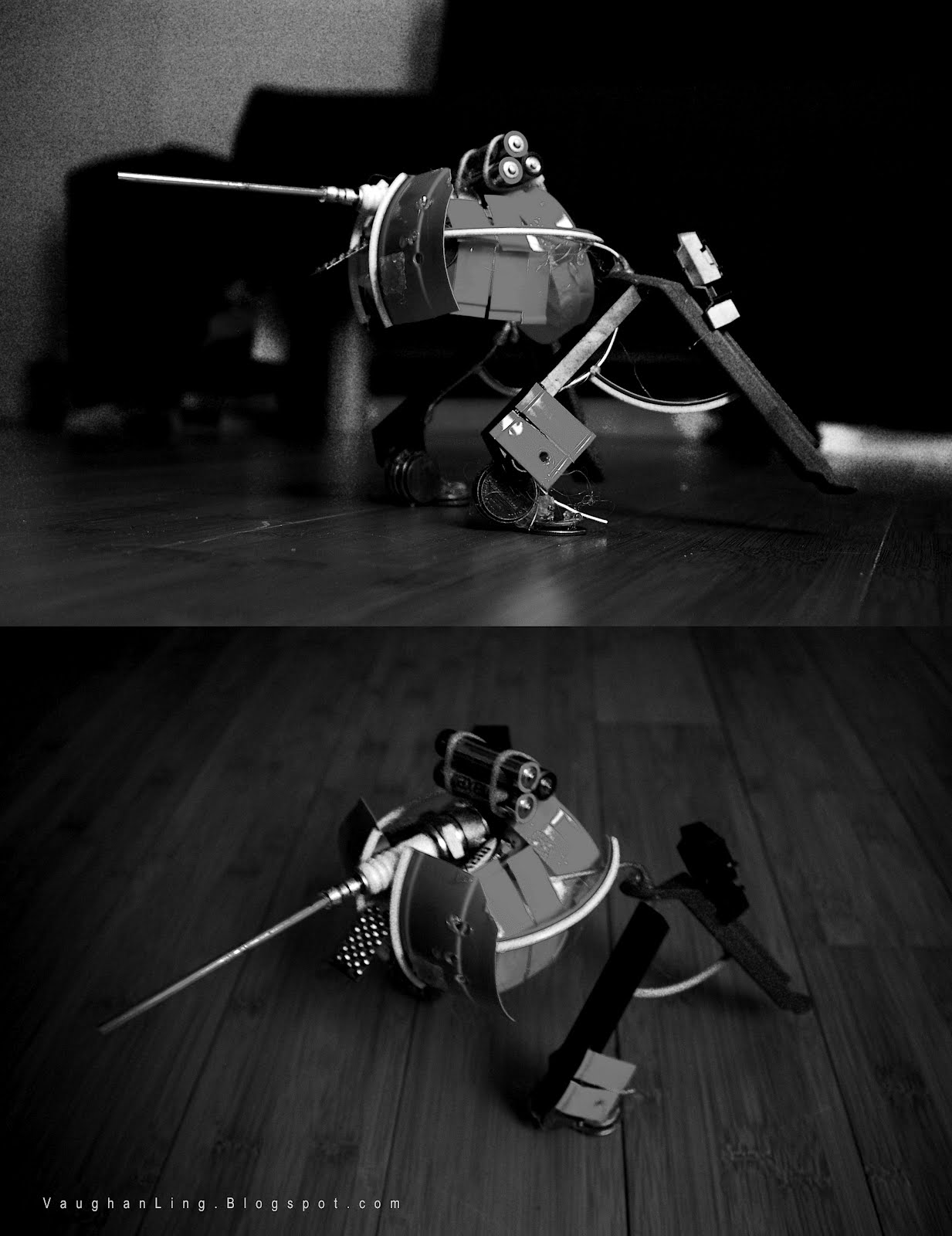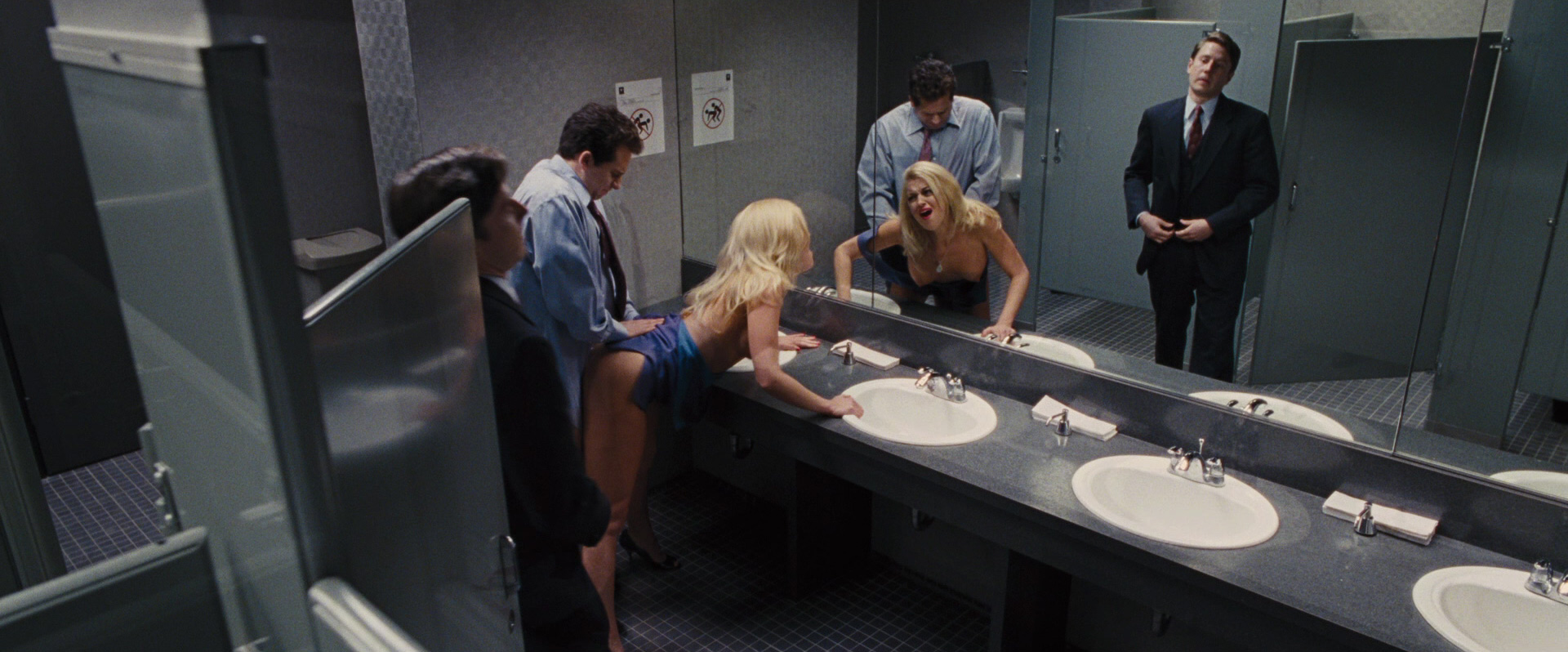

In the case of Carl Laemmle, the founder of Universal Studios, he had a dry goods store in Chicago in the early 1900s, and since his merchandise laid flat on his counters, he projected “flicks” at night over the cotton goods without any obstruction.īecause customers flocked to the films, he gave up the dry goods and financed movies instead.

The history of movie financing goes back a century to the nickel-odeon-usually vaudeville houses that ran movies as a pause between singing, dancing, comics, and sometimes striptease acts. In the end, Winkler paints a vivid picture of what it takes for a Hollywood blockbuster to come together. In one story, Winkler remembers Jonah Hill had snorted so much fake cocaine for his role that it made him sick, delaying production. Those authenticities weren't without their setbacks though. In this exclusive excerpt from the book, Winkler takes readers behind the scenes of Martin Scorcese and Leonardo DiCaprio's smash hit, The Wolf of Wall Street, including the shady dealings that led to its financing, how Leo and Scorcese wound up on board, and how the authenticity of the film contributed to its ultimate successes. To reflect on it all, Winkler has penned a new memoir, Life in Movies: Stories from 50 Years in Hollywood, which chronicles his storied career. A legendary producer, his bona fides include films like Rocky, Goodfellas, Creed, and Raging Bull. Irwin Winkler has had one hell of a career in Hollywood.


 0 kommentar(er)
0 kommentar(er)
